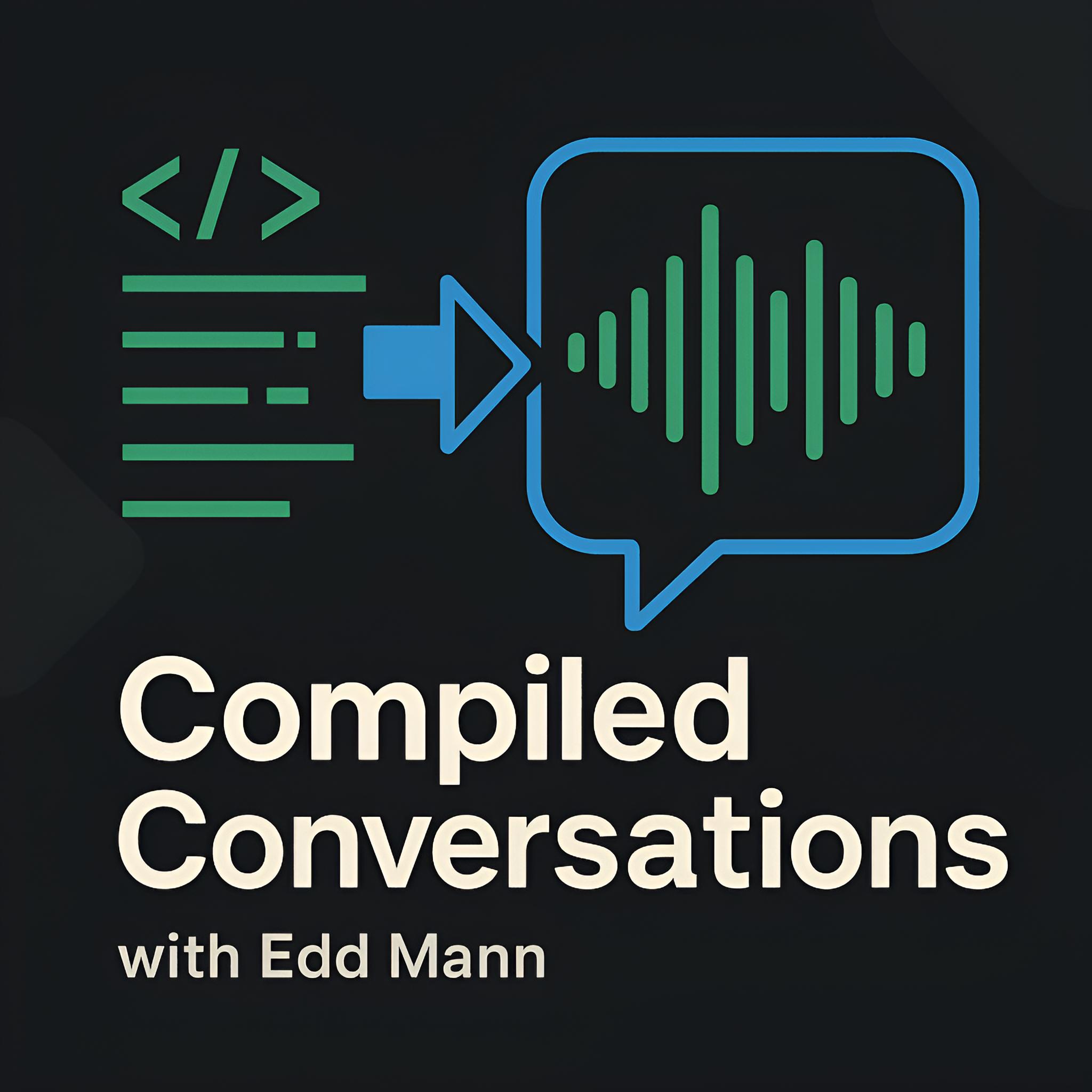Reversing a Unicode String in PHP using UTF-16BE/LE
Last week I was bitten by the Unicode encoding issue when trying to naively manipulate a user’s input using PHP’s built-in string functions. PHP simply assumes that all characters are a single byte (octet) and the provided functions use this assumption when processing a string. In this post I will not be going into depth on the subject of Unicode representations. I feel this topic deserves its own series of articles. However, you should be aware that in ‘Western Europe’ we commonly only use the basic ASCII character-set (consisting of 7 bytes). This makes the transition to the popular ‘UTF-8’ Unicode representation almost seamless, as the two map one-to-one. I wish to, however, discuss how to reverse a Unicode string (UTF-8) using a combination of endianness magic and the ‘strrev’ function.
To clearly highlight the examples, the function below is used throughout the post, returning how the string is represented in binary.
function str2bin($str)
{
return array_reduce(unpack('C*', $str), function($bin, $chr)
{
return $bin . str_pad(decbin($chr), 8, 0, STR_PAD_LEFT);
}, '');
}
Naive Approach
With many encodings that only include single-byte character representations (i.e. ASCII, ISO 8859-*), using the in-built strrev function will work fine.
However, the constructed UTF-8 string below contains a combination of ASCII-compatible characters and a multi-byte ‘Black Star’ character.
You will notice that the two first bytes represent the ‘a’ and ‘b’ characters, and as they fit inside a single octet each they are not affected.
The issue arises, however, with the ‘Black Star’ character, which requires a three-byte representation.
$str = json_decode('"ab\\u2605"'); // ab★
str2bin($str); // 01100001 01100010 11100010 10011000 10000101
$naive = strrev($str); // ???ba
str2bin($str); // 10000101 10011000 11100010 01100010 01100001
If we naively use the ‘strrev’ function you will notice (aided by the binary representation) that the multi-byte character is corrupted.
Endianness Approach
This is a huge pain, but taking advantage of UTF-16’s two-byte representation and endianness we are able to successfully reverse the string. The first step is to convert the UTF-8 representation to a big-endian (most significant byte) UTF-16 representation. The endianness is important, as you will notice that when we perform the transformation the resulting representation is changed to little-endian (least significant byte). As we know this is the case we can specify this to encode back to UTF-8. Finally, we are left with a string which has been correctly reversed without any corruption.
$be = iconv('UTF-8', 'UTF-16BE', $str);
str2bin($be); // 00000000 01100001 00000000 01100010 00100110 00000101
$tmp = strrev($be);
str2bin($tmp); // 00000101 00100110 01100010 00000000 01100001 00000000
$res = iconv('UTF-16LE', 'UTF-8', $tmp); // ★ba
str2bin($res); // 11100010 10011000 10000101 01100010 01100001
